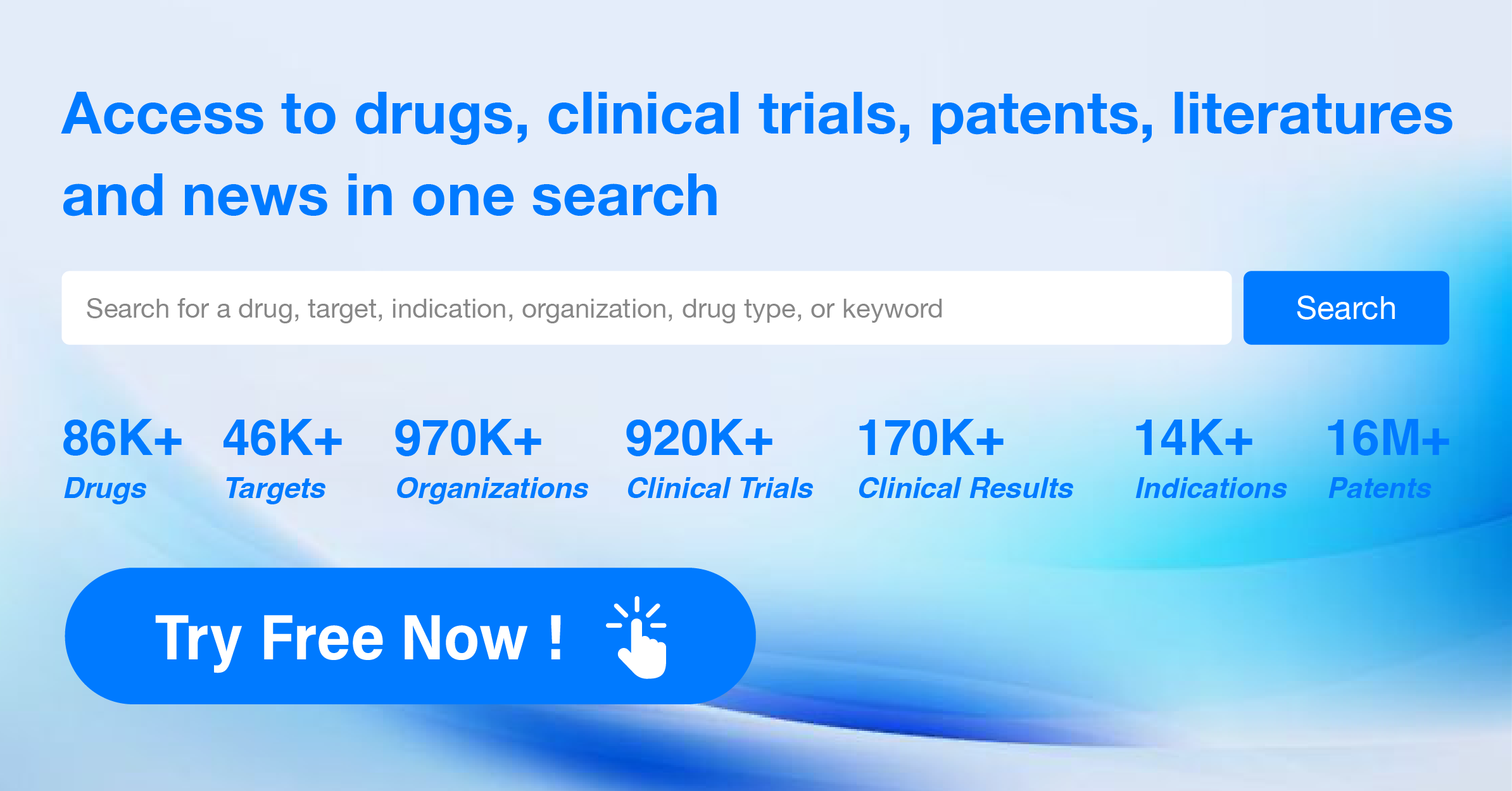Processa Showcases Dual Abstracts at AACR's 2024 Gathering, Featuring NGC-Cap's Phase 1b Clinical Trial Insights
Processa Pharmaceuticals, a clinical-stage company, has introduced promising results from a Phase 1b study of its Next Generation Capecitabine (NGC-Cap) at the AACR Annual Meeting. The drug demonstrated higher exposure to 5-FU, a key chemotherapeutic agent, at a lower dose than traditional capecitabine, with a more favorable safety profile. This suggests NGC-Cap could potentially offer better efficacy for a broader patient population by increasing the distribution of 5-FU to cancer cells. The final results of the Phase 1b study are expected to be published following the database lock.
The study involved patients with advanced gastrointestinal cancer who had exhausted all other treatment options. NGC-Cap showed an improved side effect profile compared to single-agent capecitabine. The company's President of R&D, David Young, highlighted the drug's ability to significantly increase 5-FU exposure to cancer cells, which, while leading to a higher incidence of adverse events, were less dose limiting than with other metabolites. The ongoing study is set to transition into a Phase 2 trial for breast cancer later this year, with the FDA's agreement to utilize past and ongoing study data to support the new trial.
The poster presentation detailed that NGC-Cap, at the highest tested doses, provided 5-10 times greater exposure to 5-FU than a larger dose of monotherapy capecitabine. This increased exposure also led to a higher incidence of side effects related to anabolites, indicating a greater distribution to cancer cells. However, the formation and exposure of FBAL, a catabolite linked to side effects, were extremely low with NGC-Cap, resulting in fewer catabolite-related side effects.
Additionally, Processa presented on the application of phase 1 and pre-clinical data to determine optimal dosage regimens for cancer drugs, in line with the FDA's Project Optimus Initiative. This initiative and its draft guidance emphasize the importance of justifying an optimal dosage regimen through a dose-ranging study focused on efficacy and safety, rather than relying solely on a maximum tolerated dose approach. NGC-Cap is a combination therapy that includes the administration of the company’s DPD enzyme inhibitor, PCS6422, alongside low doses of capecitabine. Capecitabine is an oral form of 5-FU, a widely used chemotherapy drug for solid tumors. The DPD enzyme is crucial in converting 5-FU into catabolites, which are responsible for side effects. PCS6422 inhibits this enzyme, thus reducing the formation of catabolites and allowing more 5-FU to reach cancer cells.
Processa is dedicated to developing Next Generation Chemotherapy (NGC) drugs that enhance the safety and efficacy of cancer treatments. The company's NGC drugs are modifications of existing FDA-approved oncology drugs, designed to alter their metabolism and distribution while preserving their cancer-killing mechanisms. Processa's approach is underpinned by over 30 years of expertise in clinical trial design and regulatory science, aiming to provide better therapies for cancer patients and streamline the FDA approval process for its NGC drugs. The company is currently developing three NGC treatments, each targeting a range of cancers.
How to obtain the latest research advancements in the field of biopharmaceuticals?
In the Synapse database, you can keep abreast of the latest research and development advances in drugs, targets, indications, organizations, etc., anywhere and anytime, on a daily or weekly basis. Click on the image below to embark on a brand new journey of drug discovery!



